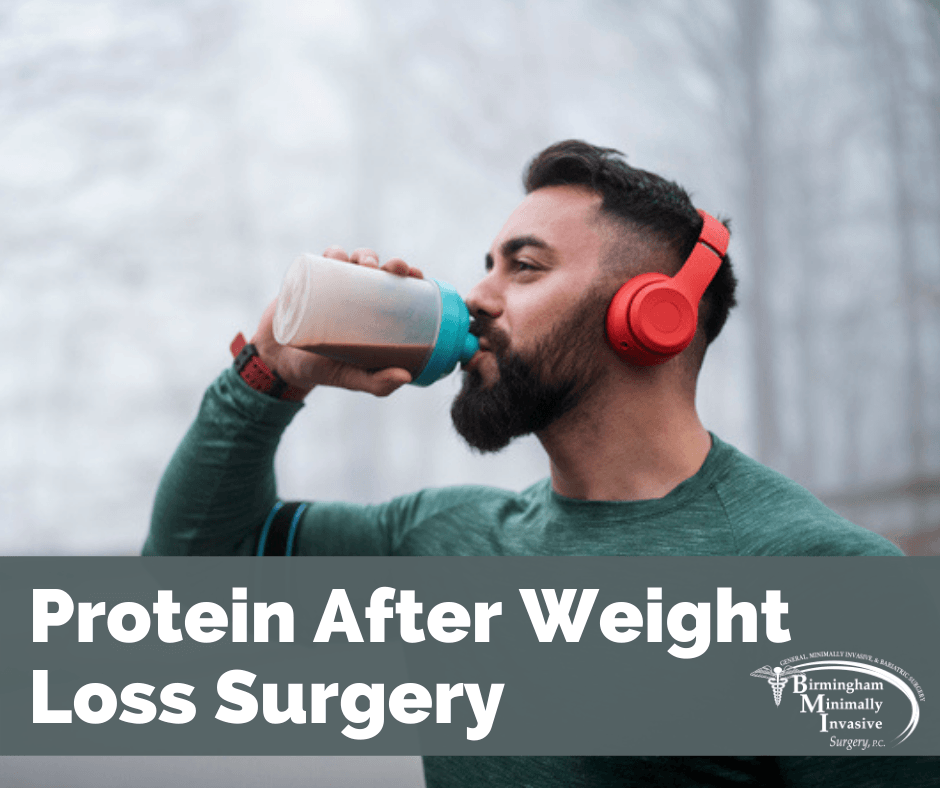
After having weight loss surgery, there’s one thing you can definitely expect to hear about when it comes to your recovery, and that’s protein. Eating enough protein is crucial after weight loss surgery. Your body needs additional protein during the period of rapid weight loss to maintain your muscle mass. Protein is also required for a healthy metabolism. If you don’t eat enough protein, your body will take the protein it already has from your muscles, causing you to become weak.
This is why having a strong diet strategy and plan will go a long way to ensure that you know what to eat after weight loss surgery and you make the right choices regarding your nutrient intake.
Tips for Getting Enough Protein After Weight Loss Surgery
Protein is the building block of muscles and a fundamental aspect of any healthy diet. It affects the human body in many different ways and helps build and maintain muscle mass. It’s also a source of energy. Eating enough protein will help keep your hair, skin, and nails healthy. Holding onto more muscle can help minimize sagging skin that is common after surgery as well.
After weight loss surgery, the number of calories you can eat per sitting and per day will be greatly limited. When you do eat, you need to make the best choices and get maximum nutrient value out of every bite.
When it comes to protein, this will likely mean looking at your meal a little differently. While you will have your own customized diet plan, your goal will probably be 60 to 80 grams of protein every day is to help minimize muscle loss.
These are some of the basic strategies we recommend after any type of weight loss surgery:
- Focus on protein first. When sitting down to a meal or snack, start with protein. Other foods, such as fruits and vegetables, will still be a part of a healthy diet, but your priority should always be protein. For the first few weeks after surgery, you’ll get most of your protein from shakes; then, you will slowly reintroduce solid foods.
- Fill your plate with high-protein foods. Examples of high protein foods include meat, chicken, fish, tofu, milk, yogurt, eggs, cheese, beans, nuts, and quinoa. Low-fat or non-fat milk, cheeses, and yogurts will help reduce the number of calories and fat in your diet. Choose leaner cuts of meat to save on calories as well.
- Eat protein with every meal. Whether it’s breakfast, lunch, dinner, or a snack, make sure you always eat protein. Not only will this help you meet your daily requirement, but it will also help keep you full and satisfied.
- Consider adding protein powder. There may be instances when you can add a high-quality protein powder to foods that do not otherwise contain high amounts of protein. Protein shakes using protein powder are often a favorite of our patients, and you may also consider a protein supplement.
After weight loss surgery at Birmingham Minimally Invasive Surgery, we don’t send you home to figure all this out on your own. You will work with a team of nutritionists and dieticians who will provide you with a very specific plan. Each person is different, and therefore each plan may be adjusted somewhat. We encourage everyone to follow these guidelines as closely as possible for the absolute best outcome and sustained weight loss over time.

